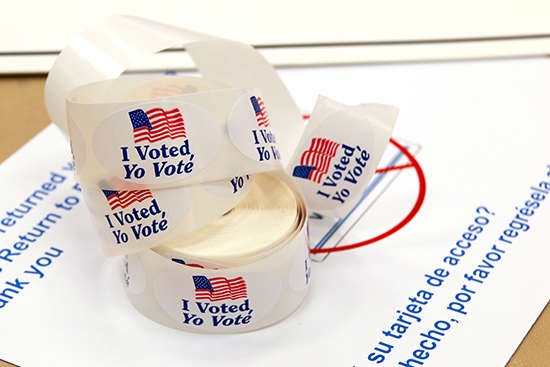In the recent months of this year’s presidential election, much fire has been tossed back and forth between candidates. While much controversy has risen around almost every candidate, I’ve noticed much dissatisfaction with candidate Bernie Sander’s social democratic plan for the United States. While some completely misunderstand the meaning of the phrase confusing it to be synonymous with “communism,” others have concerns regarding “paying for people who don’t work.” This article isn’t in defense of presidential candidate Sanders, but rather an explanation of what exactly social democracy is, and to clear the air of some of the pre existing stigmas surrounding it.
First and foremost, no, it is not by any means communism. Communism is a social, political, and economic ideology which is structured upon “common ownership” (holding assets indivisibly as opposed to being held by individuals” of the means of production and does away with social classes, money, and the state all together. Social democracy however, is in essence a political ideology that works to achieve a socialist economy within a democracy.
The idea is that while capitalism is subject to much greater fluctuations in the economy (“booms” and “busts”) socialism is relatively smoother. The idea is that key factors of the economy such as production is controlled by the government so that when dramatic economic events such as recessions do happen, there are systems in place so that workers (who are most effected by said events) do not suddenly find themselves both out of work and without a system of support from the government.
Said systems of support can come in many forms, though more common examples include food stamp programs, retirement programs, and federal health care. It is here that a conflict of ideas is usually created. Arguments against social democracy usually revolve around not wanting to pay for those who choose not to work, or questions as to why people should pay for other people’s expenses.
Wherever one stands on these ideas, my point is this: like it or not, we live in a society, and in said society, we can only move forward as slow as our slowest person. While there may be some who abuse the system, the fact of the matter is these programs support whole families who can barely support themselves. It’s easy to disagree and not want to pay into social programs when you’re well off, but not everyone is so fortunate. At this point, it’s not only an economic or a political idea, but an ethical one as well.
So the next time you’re considering taking a stance for or against social democracy, really take a look at the implications it has not only for yourself but those around you, both more and less fortunate.
For a more specific explanation of social democracy in terms of presidential candidate Bernie Sanders, click here





